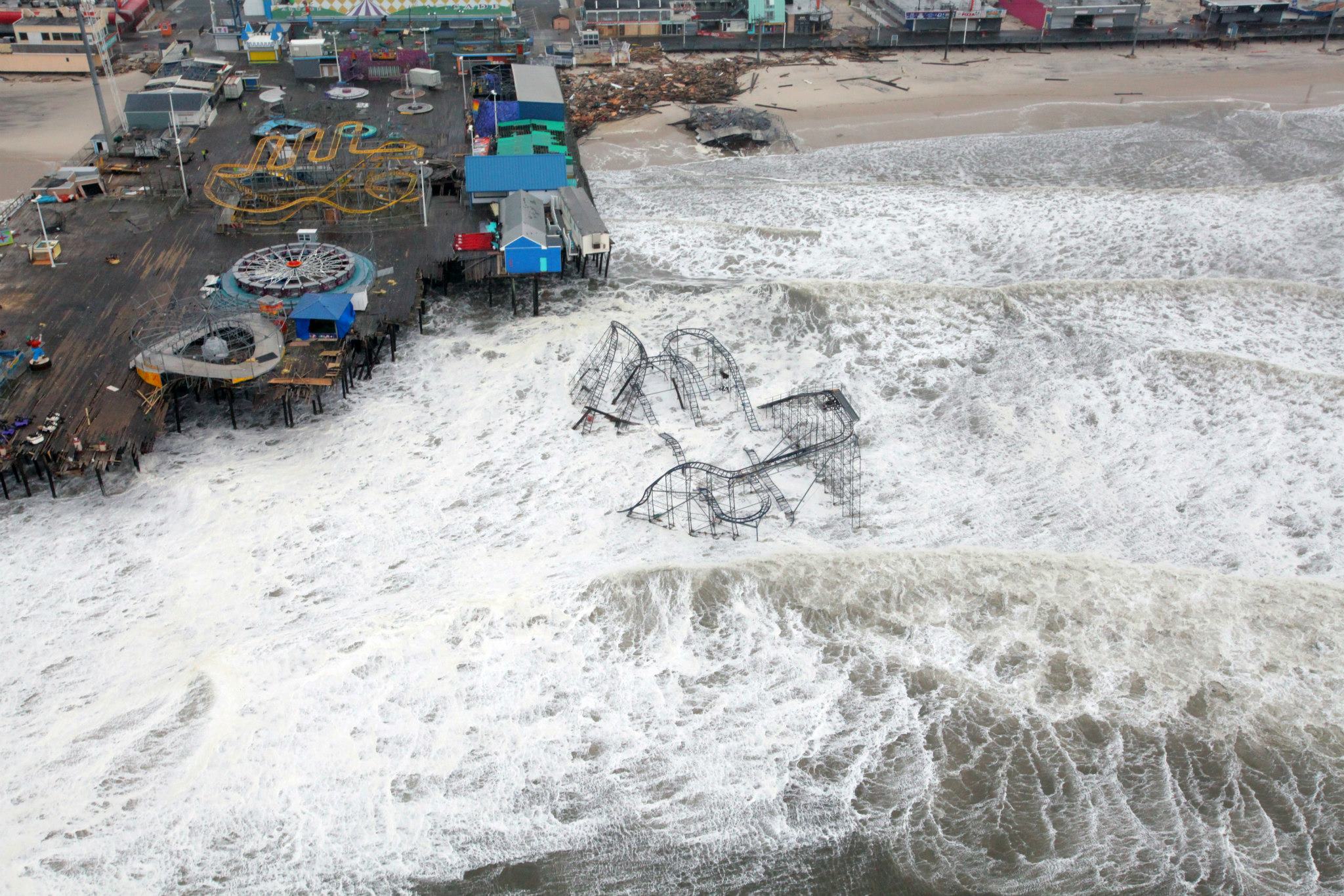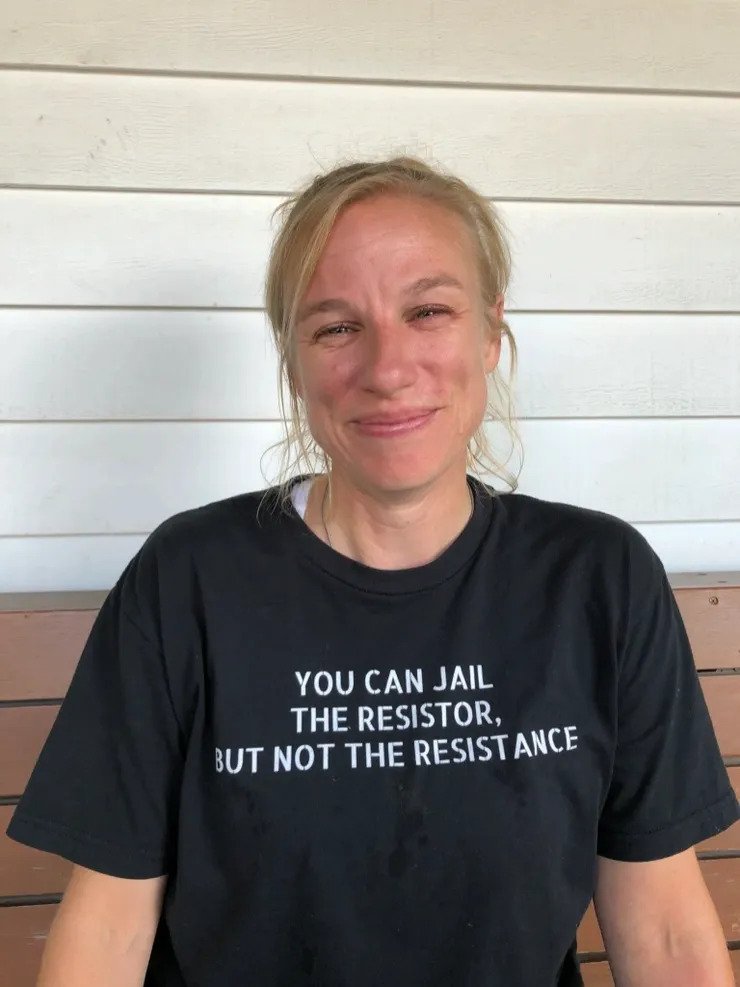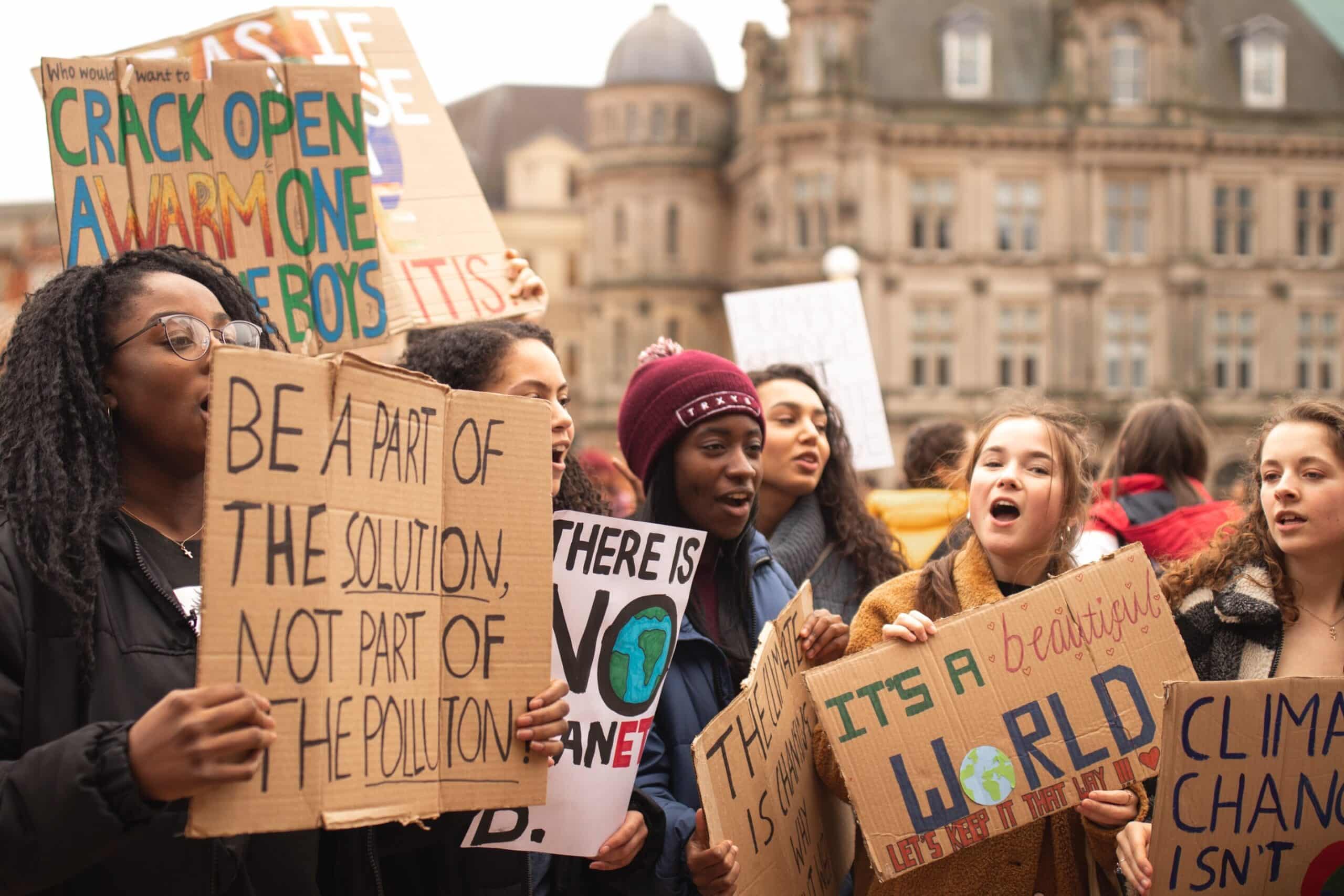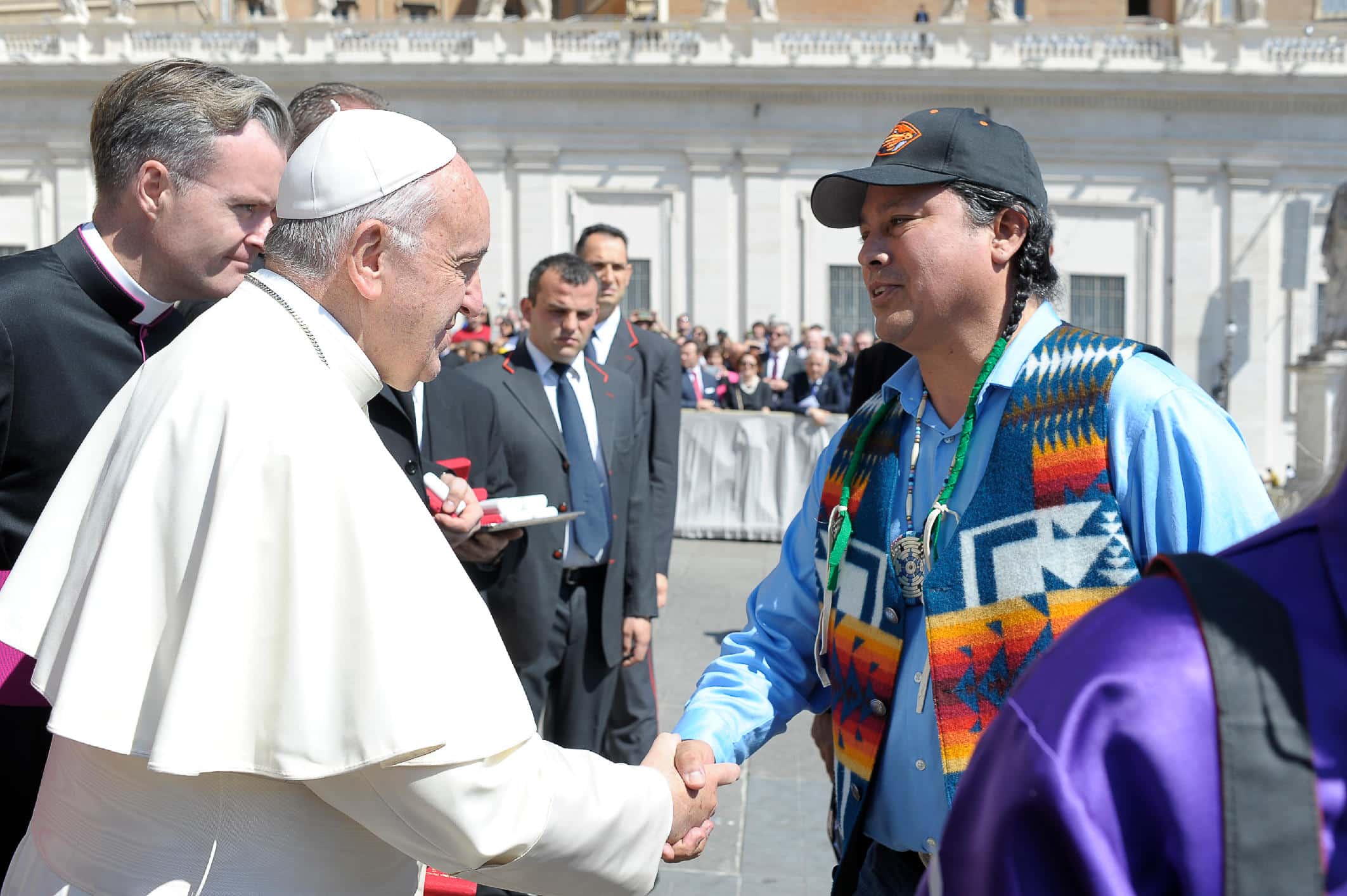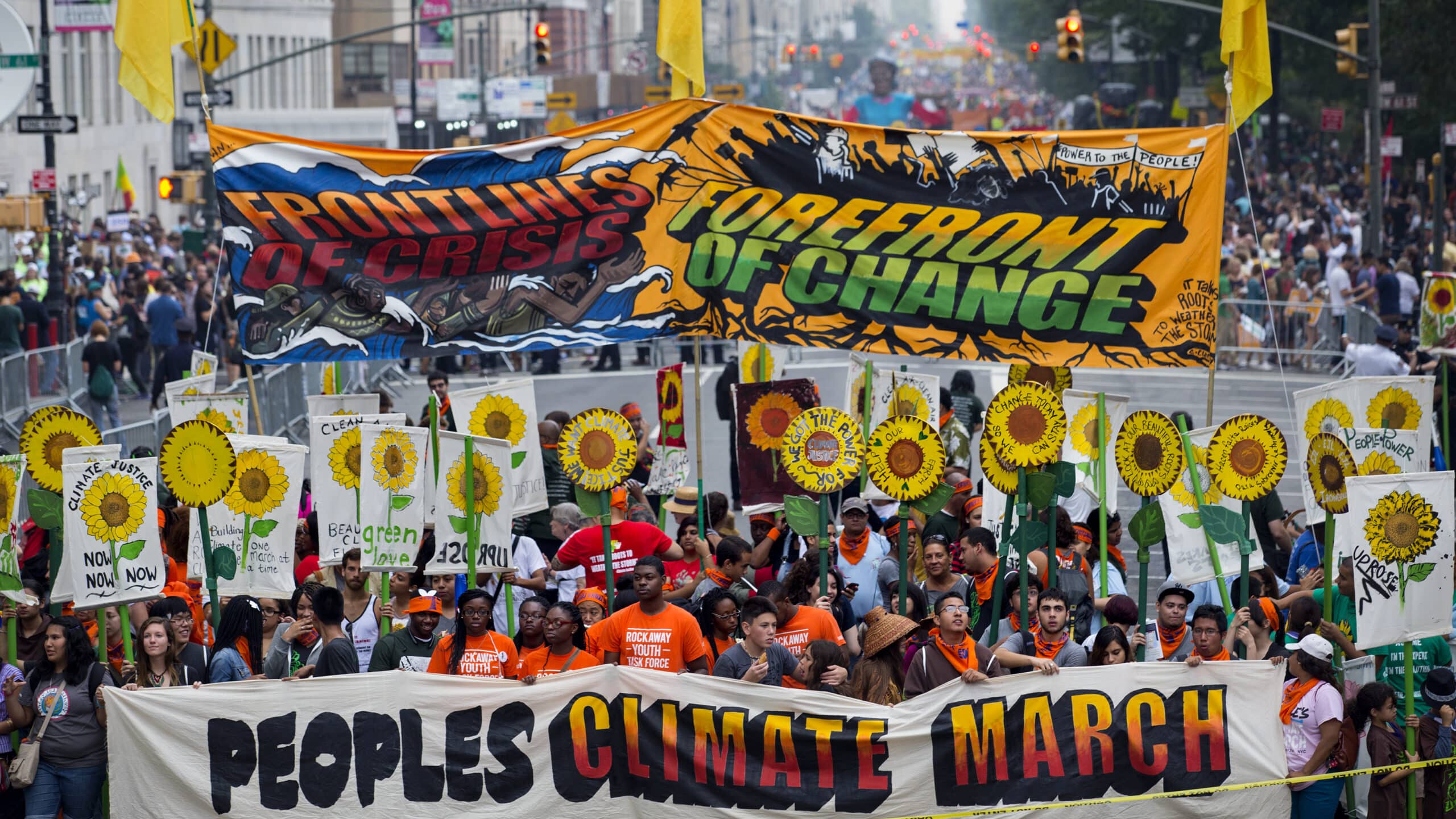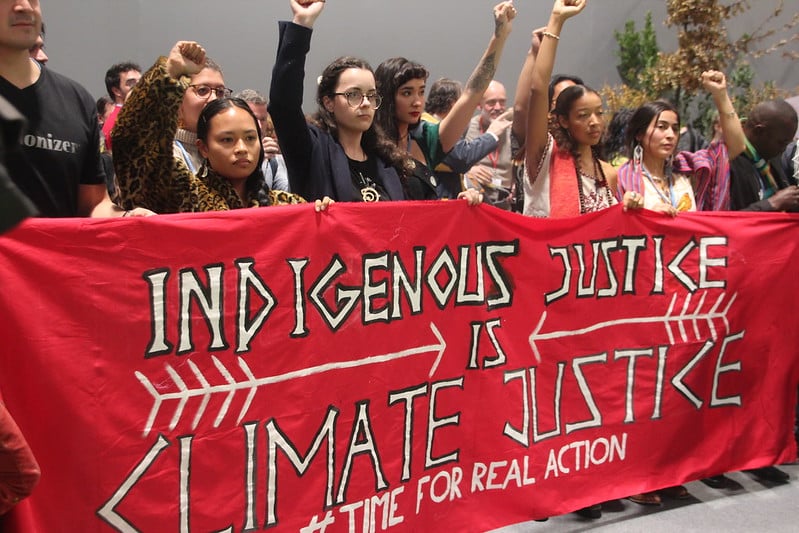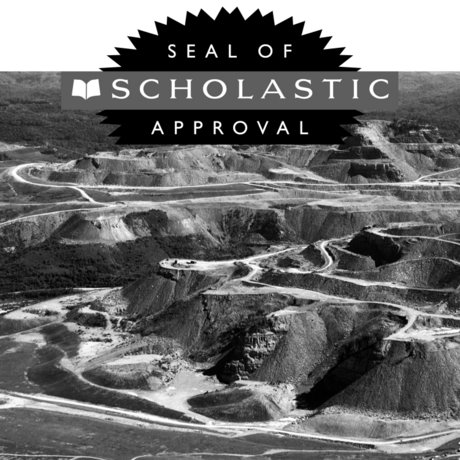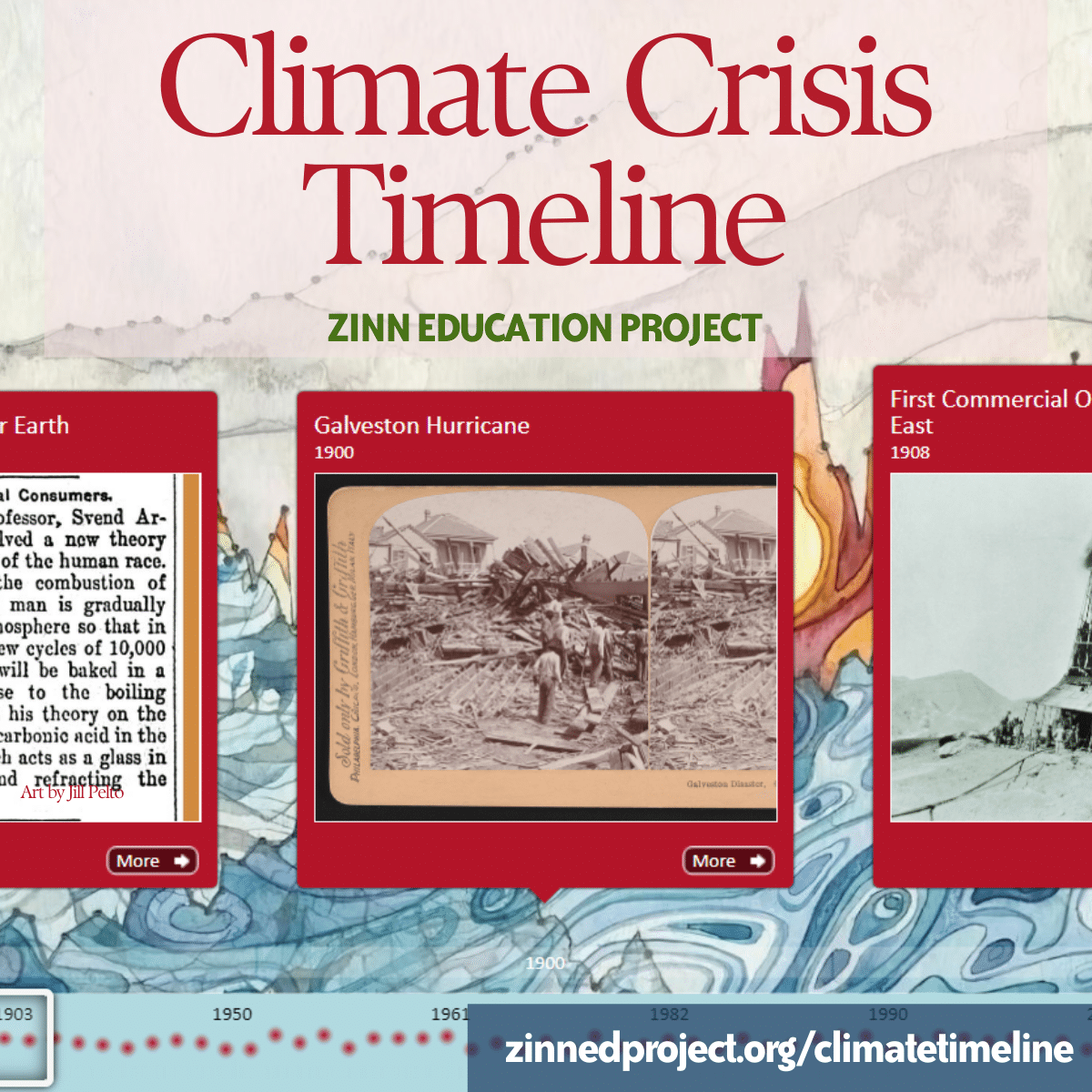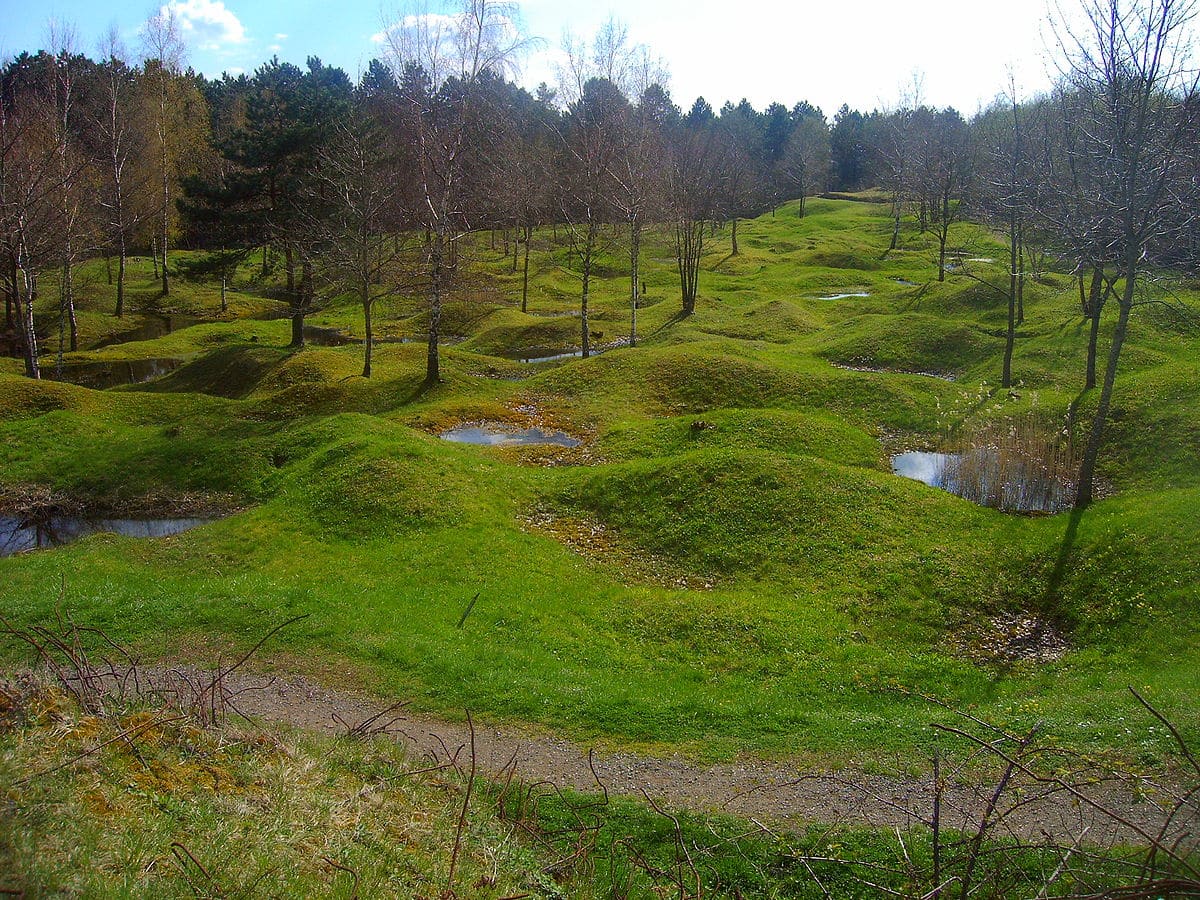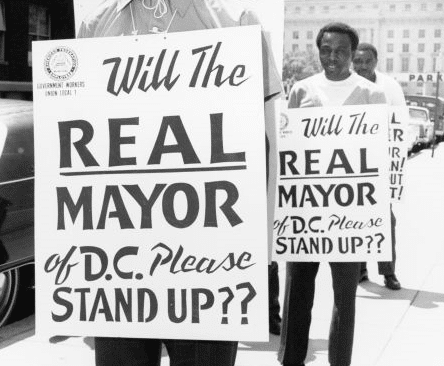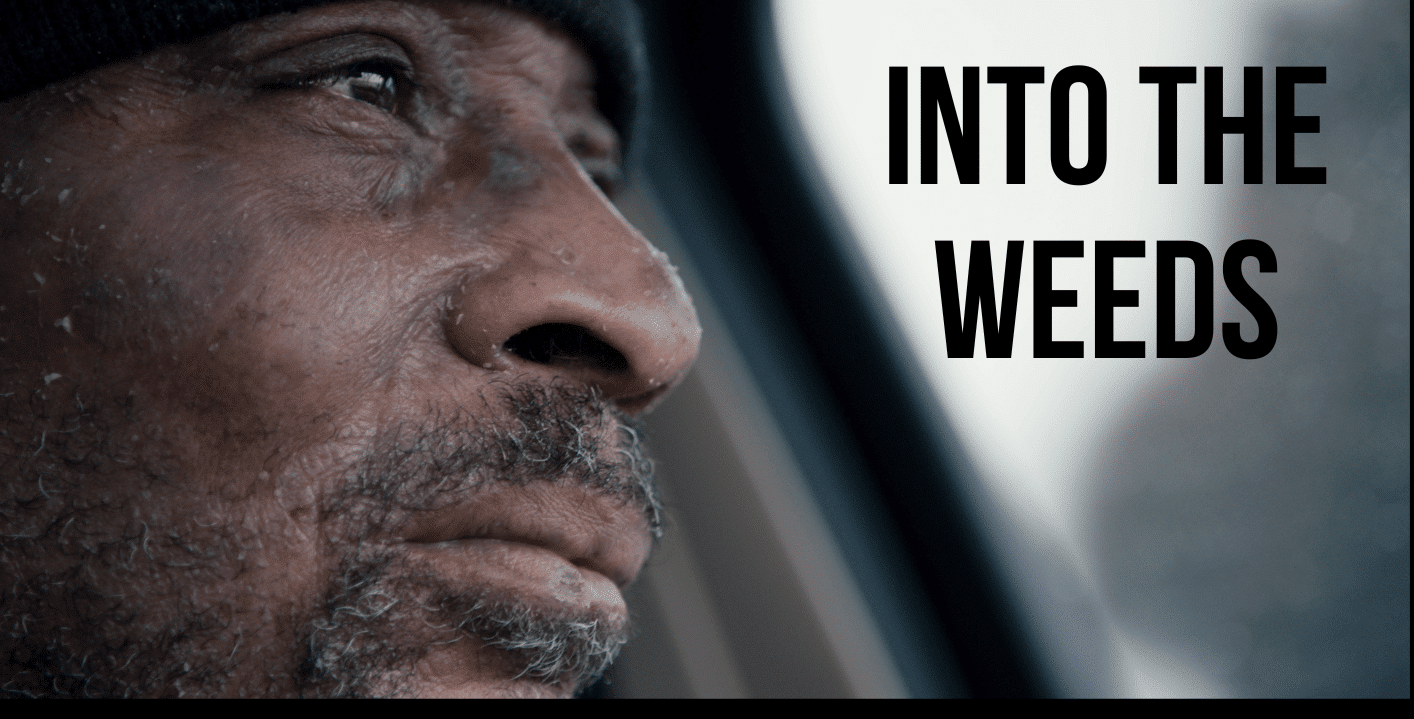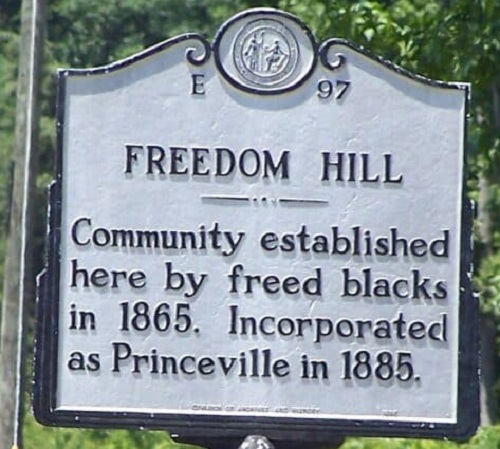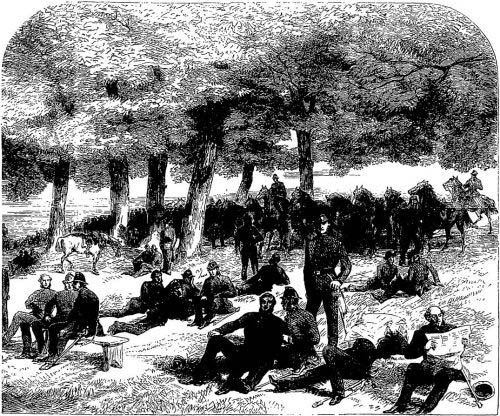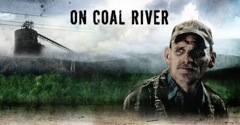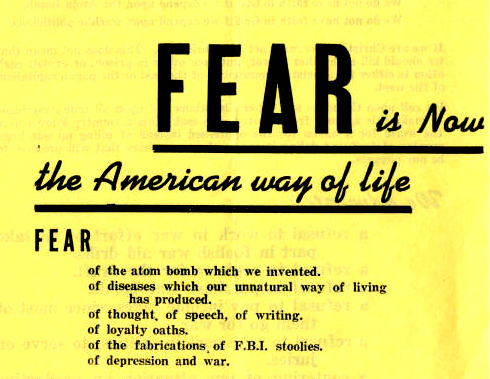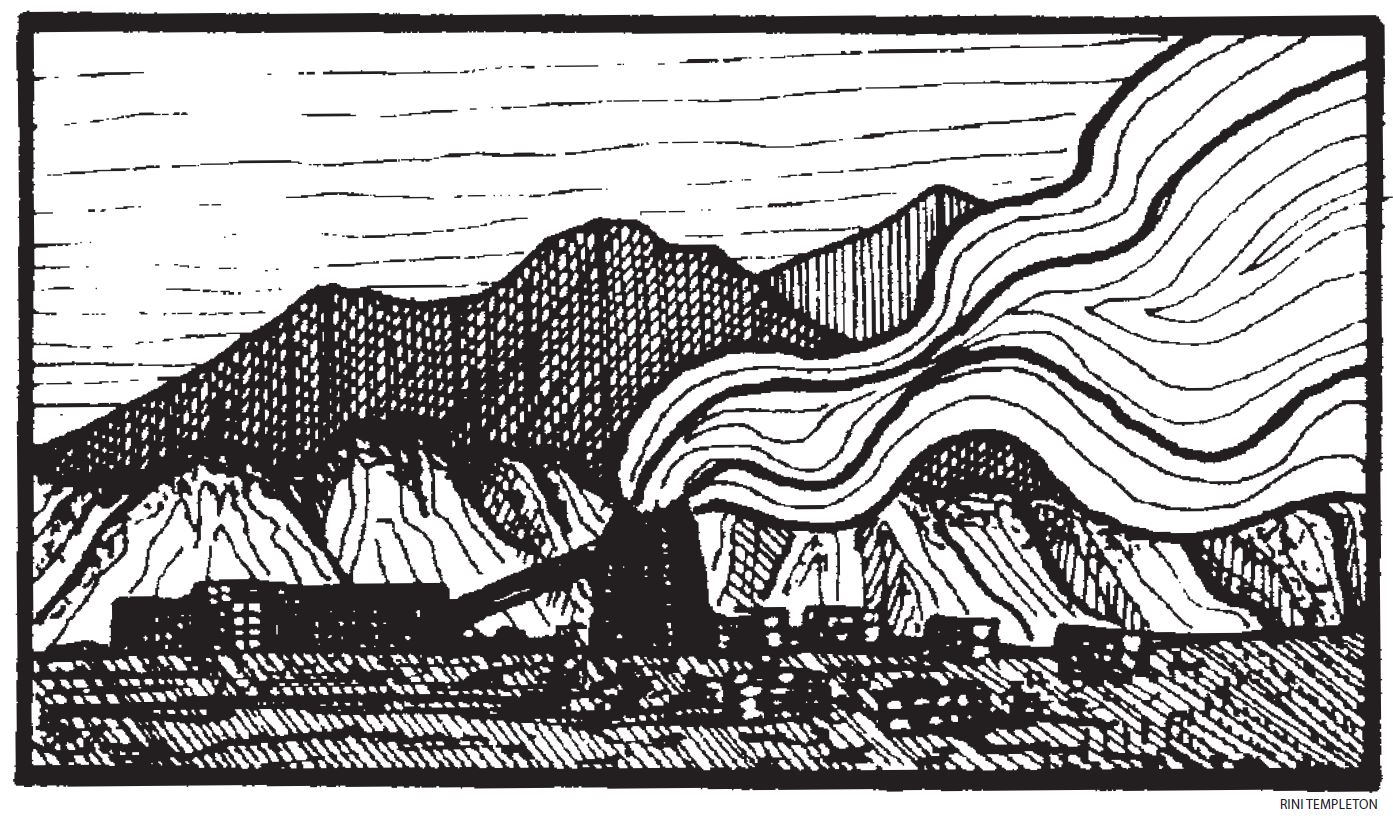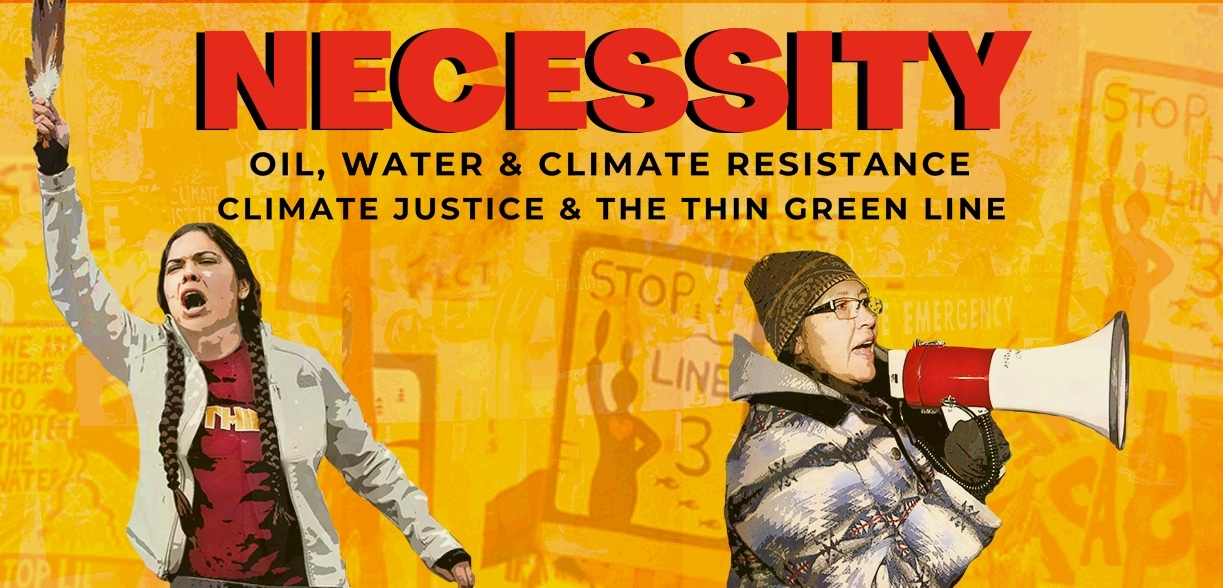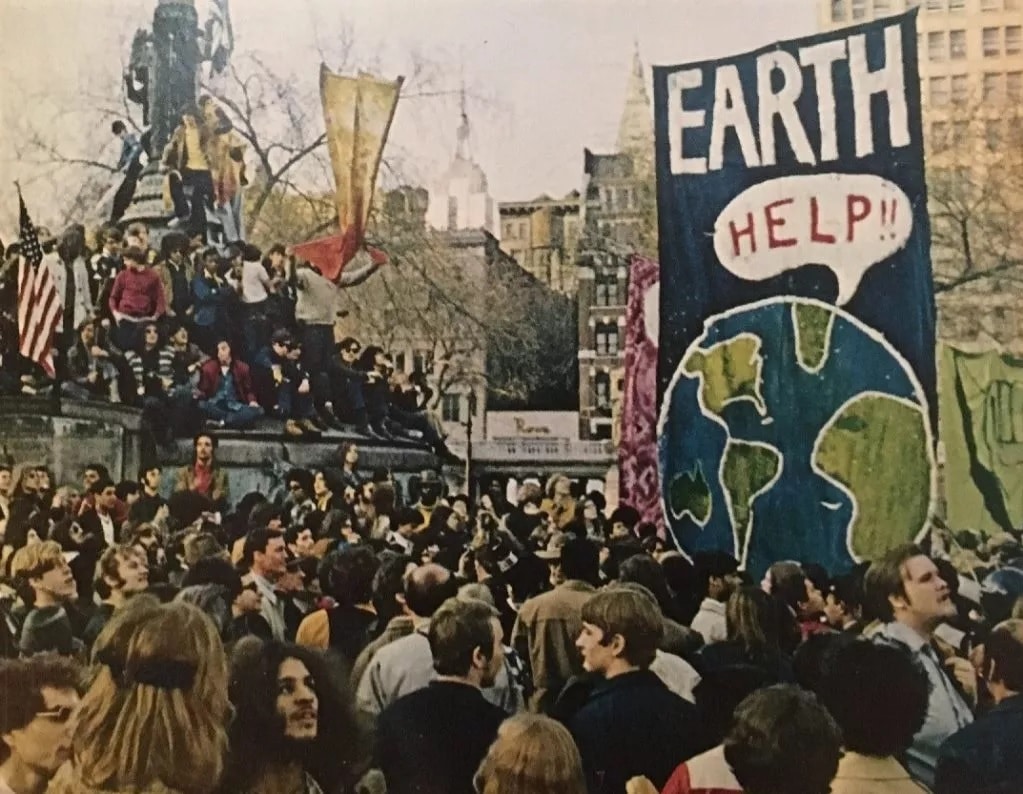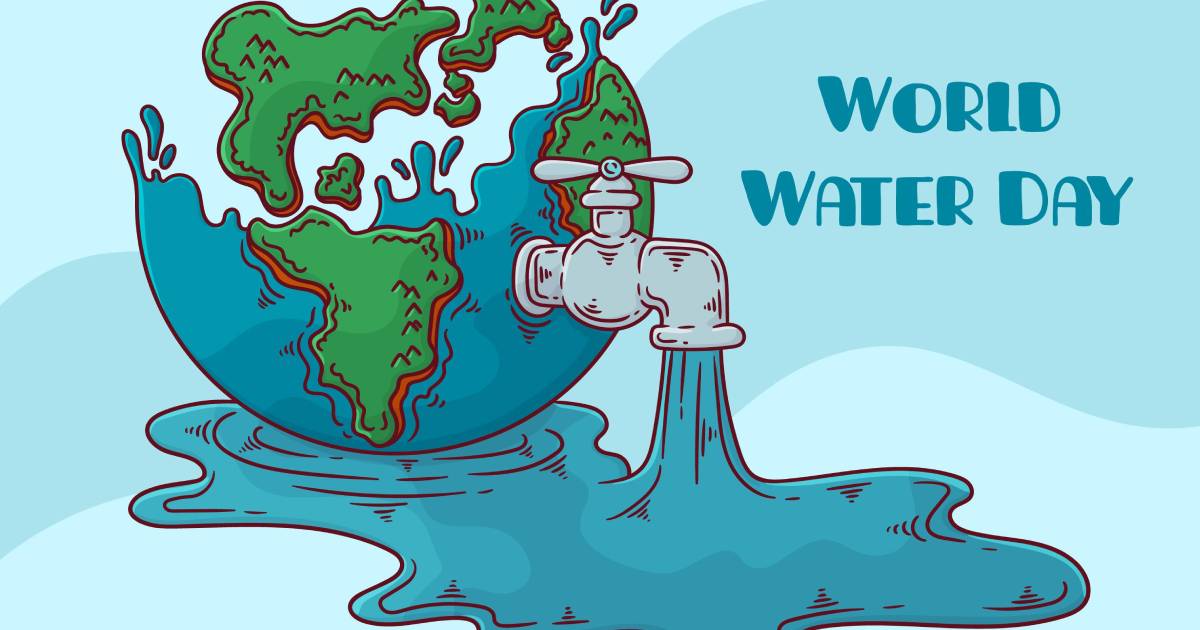Hurricane Sandy, the largest Atlantic hurricane on record as measured by diameter, wreaked devastation in the Caribbean and United States for more than a week, causing hundreds of deaths and leaving hundreds of thousands homeless and without electricity.
Continue reading
Environmental activist and member of the Catholic Worker movement, Jessica Reznicek, was sentenced to eight years in federal prison for “domestic terrorism” for acts of civil disobedience and property damage intended to stop the completion of the Dakota Access Pipeline.
Continue reading
Young climate activists and students across the world organized school strikes for climate justice, culminating in worldwide strikes on March 15, 2019, demanding concrete plans to slash CO2 emissions.
Continue reading
A delegation representing Native nations marched upon the Vatican and were successful in convincing the Vatican to revoke the Doctrine of Discovery.
Continue reading
Hundreds of thousands of people across 150 countries participated in protests on Sunday, September 21, 2014, collectively called “the People’s Climate March.”
Continue reading
Indigenous representatives from around the world met in Anchorage, Alaska, in April 2009, to share experiences and strategies for confronting environmental degradation. They issued a declaration that details their observations and demands from the front lines of the climate crisis.
Continue reading
Amid overwhelming criticism that Scholastic Inc. was lying to students about the benefits of coal use, the education publisher cut ties with the coal industry.
Continue reading
We offer a new timeline of the climate crisis that traces its roots from European colonial expansion and racial capitalism to present-day fossil fuel industry and government projects that exploit and destroy the Earth in the name of maximum profit. It also emphasizes moments and movements of resistance and activism that inform climate justice work today.
Continue reading
The First World War killed roughly 20 million people. Fighting transitioned from mainly human- and animal-powered to fossil fuel-powered technologies and accessing and protecting fossil fuel supplies became part of sustaining a powerful military. The Earth and the environment have suffered ever since.
Continue reading
Amidst a looming “garbage crisis” in Washington, D.C., on May 1, 1970, 1,700 sanitation workers went on strike to demand an end to racial discrimination, unsafe working conditions, low pay, and unequal pick-up routes.
Continue reading
Film. Directed by Jennifer Baichwal. 2022. 96 minutes.
Focusing on one man’s lawsuit against Monsanto, this documentary exposes how Roundup weed killers are toxic not just for weeds — but also people.
Continue reading
Princeville, North Carolina originated as a resettlement community for freed people and became the oldest incorporated city chartered by African Americans in the United States.
Continue reading
Determined to prevent the development of the local forest, Londoners protested to “Save The Forest” in an early instance of mass organizing for land conservation.
Continue reading
Book — Non-fiction. By Dana Frank. 2025. 336 pages.
Four stories of resilience, mutual aid, and radical rebellion that transforms how we understand the Great Depression.
Continue reading
Film. Directed by Francine Cavanaugh and Adams Wood. 2010. 81 minutes.
This film takes viewers on a gripping emotional journey into a community surrounded by a looming toxic threat.
Continue reading
When the Civil Defense Administration attempted to hold a drill simulating a nuclear attack, 27 activists in New York refused to take cover. They handed out pamphlets reading: “We will not obey this order to pretend, to evacuate, to hide... We refuse to cooperate.”
Continue reading
Teaching Activity. By Bill Bigelow. Rethinking Schools.
A role play introduces students to 23 individuals around the world — each of whom is affected differently by climate change.
Continue reading
Teaching Activity. By Bill Bigelow. Rethinking Schools.
The Thingamabob Game helps students grasp the essential relationship between climate and capitalism.
Continue reading
Films. Directed by Jan Haaken and Samantha Praus. 58 minutes & 57 minutes.
Oil, Water, and Climate Resistance explores the work of attorneys, valve turners, and other water protectors in Minnesota. Climate Justice and the Thin Green Line examines climate resistance in the Pacific Northwest.
Continue reading
In April 1970, millions of people gathered around the country in one of the largest demonstrations in U.S. history to celebrate the first Earth Day and demand action be taken on a variety of environmental issues.
Continue reading
World Water Day, internationally observed each March 22, “celebrates water and raises awareness of the 2.2 billion people living without access to safe water. It is about taking action to tackle the global water crisis.”
Continue reading

